Four areas where CIOs might be missing a trick
CIOs have to balance demands and prioritise every day. But are they missing anything? Mark Samuels takes a look...
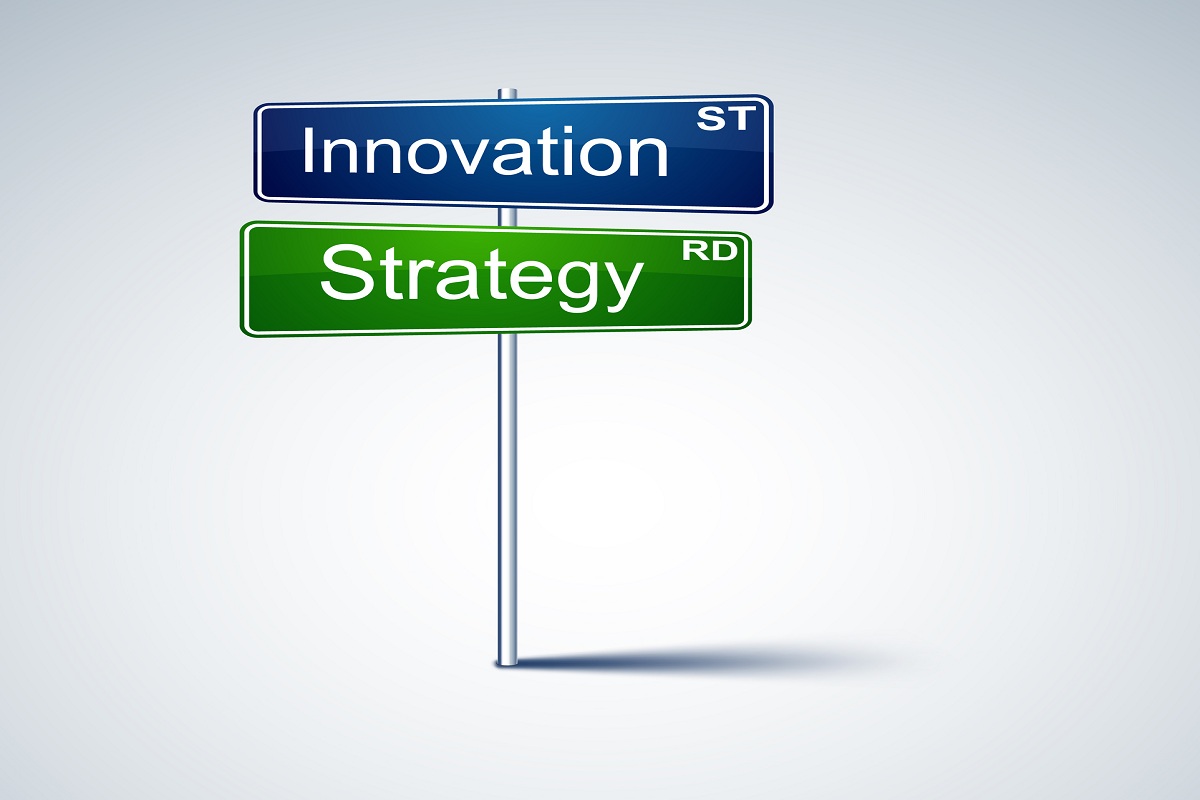

Smart CIOs reacting to the fast pace of digitally enabled change already spend less time in the back office and more time engaging with internal and external customers. However, there is still much work to be done.
While some IT leaders have made the transfer from the data centre to the boardroom, other CIOs remain too concerned with operational rather than business issues. Across communication, strategy, leadership and preparation, four IT leaders discuss where they believe CIOs can continue to hone their executive expertise.
Great CIOs are top-notch communicators
Paul Colbran, CIO at Brighton and Hove City Council, says he still sees quite a few IT leaders who are CIO in title, rather than behaviour. "It's fine to want to be a business partner but you need to earn the right to contribute," he says.
Technology implementation, he says, is not just about selecting services and systems. He refers to his Council's recent introduction of the LINK network, an infrastructure created by specialist MDNX that is shared by organisations across the Sussex region. Colbran's role, as CIO, is to sell the benefits of the networking capability.
"Being an IT leader is not just about buying the network; it's about talking to the rest of the business about how you can take advantage of the services," he says. "Many CIOs are good communicators but some are technologists that have been promoted from within the company. Getting out of IT, and into other lines of business, breeds a better level of technology professional."
Communication is not just about working with other areas of the organisation. Colbran says engaged CIOs will start closer to home and focus first on their own department. "Understanding your staff is not about filing HR reports," he says. "It's about really being a people person and working out how to get the best out of your team."
Get the ITPro daily newsletter
Sign up today and you will receive a free copy of our Future Focus 2025 report - the leading guidance on AI, cybersecurity and other IT challenges as per 700+ senior executives
Create a mobile strategy that meets business requirements
Tullow Oil CIO Andrew Marks says IT leaders should not be swept along with the hype surrounding mobility and flexible working. While both areas form a crucial element of Tullow's business-focused IT strategy, technology chiefs must find a means to make technology work for their organisation and bring your own device is not always the most appropriate answer.
"Sameness and connectedness are the keys to delivering systems to users on business-focused platforms they trust," he says. "We don't have a specific app strategy for Tullow, but we are responding to users if they say they find something useful. Apps have a wonderful place if they can help extract what's really important. The opportunity around apps is to reduce the number of transactions, so that the user only has to work online with the few pieces of information that are really important to decision making."
Marks says the company currently supports BlackBerry and Apple iPhone devices, so the company's mobile strategy would be best described as choose your own', rather than bring your own', device. He says Tullow prefers to pay for devices so the firm knows staff have assured access to secure information. The approach, says Marks, also means employees understand the privilege of being able to work flexibly.
"We're not going to provide support for every device, and we're not going to give people a set amount of cash to spend on a device," he says, while adding productivity concerns are the drivers for his firm's mobile strategy. "Information integrity is less of a concern because of what we do at the back-end; you can solve some of the key issues through techniques like sandboxing and remote wiping. What's crucial to us is that our workers can produce value."
Leadership requires a step away from day-to-day operations
East Sussex County Council CIO Tony Summers says the nature of the IT leadership role is changing. But he also believes there is no single blueprint for becoming a successful technology chief in the future.
"There isn't one correct career path to becoming a CIO," he says. "The traditional path might have been through the internal IT department. But that's changing and more people are coming into the CIO role from outside the technology remit."
For IT leaders that do assume the heights of the CIO role, a considerable shift towards the strategic elements of technology implementation is a prerequisite. Summers says IT chiefs are aware of the need to undergo an executive transition but in many cases behaviour is not matching rhetoric.
"I see CIOs who are intelligent and who to be part of the wider business conversations but who can't let go of operational services," he says. "They don't want to lose control. But CIOs need to recognise that they can make a strategic contribution to the business. You don't have to simply manage services, and losing control of the day-to-day stuff can help IT leaders to really focus on making a difference to the wider organisation."
Be prepared, and then prepare some more
Most technology projects require a fair bit of groundwork but some initiatives are so high profile that attempting to cut corners is simply not an option. One such example is the Olympics Games and Roel Louwhoff, chief executive of BT Operate and programme lead for BT's London 2012 programme, says a number of best practice lessons emerge.
"We prepared early," he says, referring to the telecom specialist's approach to providing the networking infrastructure for the Games. "We worked with everyone involved in the Games to understand how we were going to deliver IT, many of who had worked across previous Olympics events."
Louwhoff advises CIOs who face a similarly significant challenge to draw on a wide circle of expertise. He and his team visited previous host cities, and the knowledge helped BT to create a network infrastructure legacy in the UK. Louwhoff is now passing his knowledge to forthcoming host cities, and locations that hope to make a successful bid in the future.
"Working with people who done this kind of multi-sports programme before really helped," he says. "Huge initiatives like the Olympics are only a success if everyone has the right level of network access across the nation. All 98 locations associated to the Games had to have superfast broadband and, in many cases, that network capability is staying in place."

Mark Samuels is a freelance writer specializing in business and technology. For the past two decades, he has produced extensive work on subjects such as the adoption of technology by C-suite executives.
At ITPro, Mark has provided long-form content on C-suite strategy, particularly relating to chief information officers (CIOs), as well as digital transformation case studies, and explainers on cloud computing architecture.
Mark has written for publications including Computing, The Guardian, ZDNet, TechRepublic, Times Higher Education, and CIONET.
Before his career in journalism, Mark achieved a BA in geography and MSc in World Space Economy at the University of Birmingham, as well as a PhD in economic geography at the University of Sheffield.
-
 Should AI PCs be part of your next hardware refresh?
Should AI PCs be part of your next hardware refresh?AI PCs are fast becoming a business staple and a surefire way to future-proof your business
By Bobby Hellard
-
 Westcon-Comstor and Vectra AI launch brace of new channel initiatives
Westcon-Comstor and Vectra AI launch brace of new channel initiativesNews Westcon-Comstor and Vectra AI have announced the launch of two new channel growth initiatives focused on the managed security service provider (MSSP) space and AWS Marketplace.
By Daniel Todd
-
 Protecting CIOs' IT budgets is "paramount" in maintaining business growth
Protecting CIOs' IT budgets is "paramount" in maintaining business growthNews If CIOs are forced to make emergency budget cuts, they should also explain the risks to high level stakeholders so the responsibility is shared
By Zach Marzouk
-
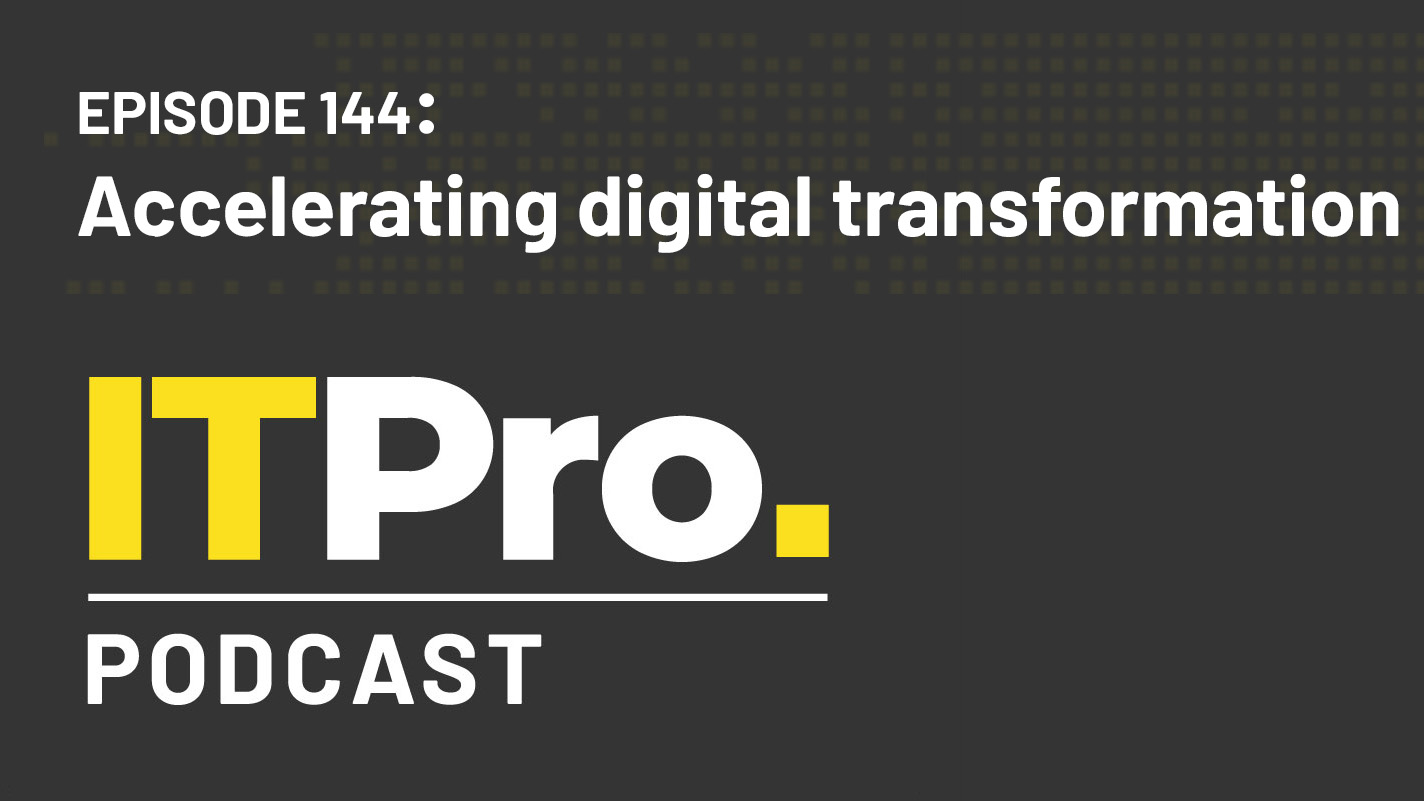 The IT Pro Podcast: Accelerating digital transformation
The IT Pro Podcast: Accelerating digital transformationIT Pro Podcast Implementation is just as important as the value of change
By IT Pro
-
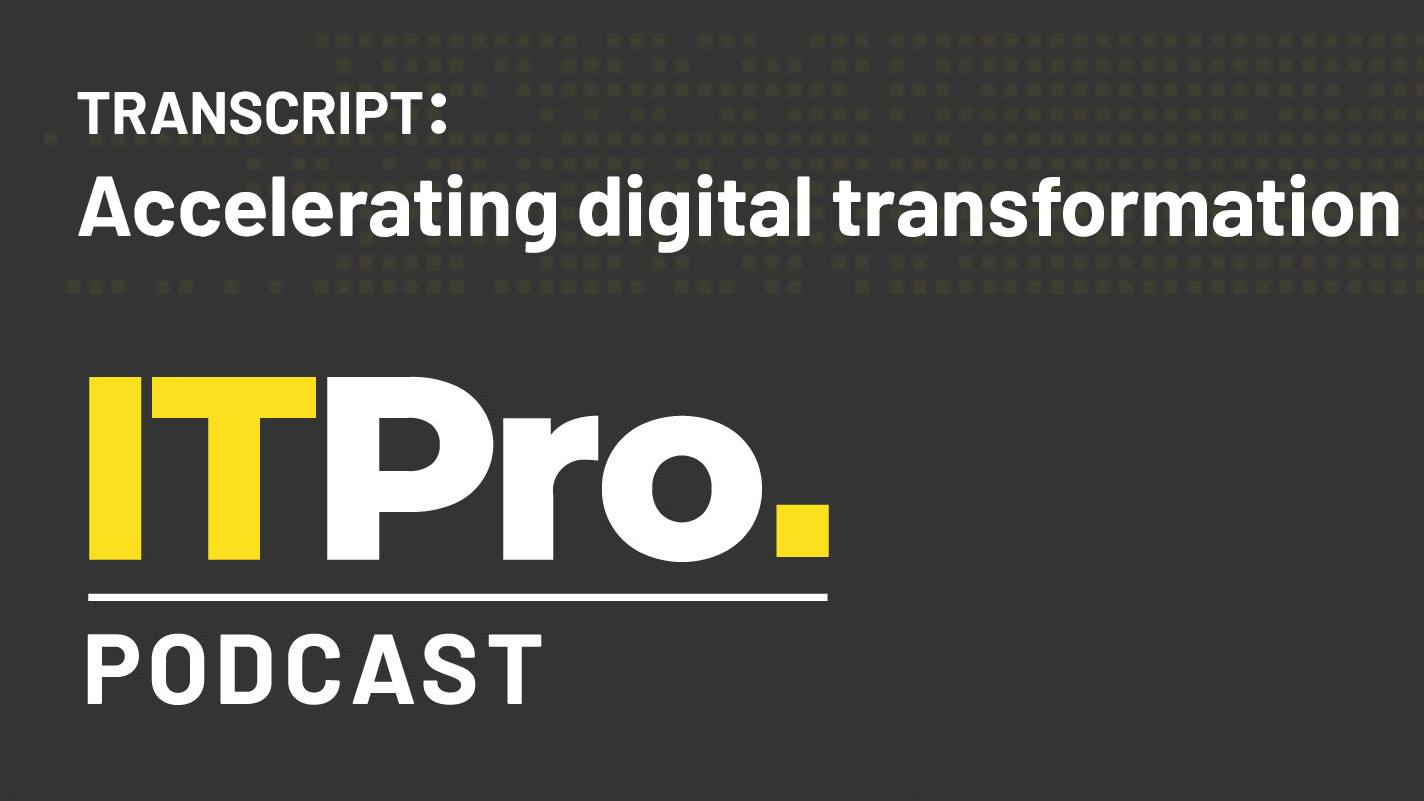 Podcast transcript: Accelerating digital transformation
Podcast transcript: Accelerating digital transformationIT Pro Podcast Read the full transcript for this episode of the IT Pro Podcast
By IT Pro
-
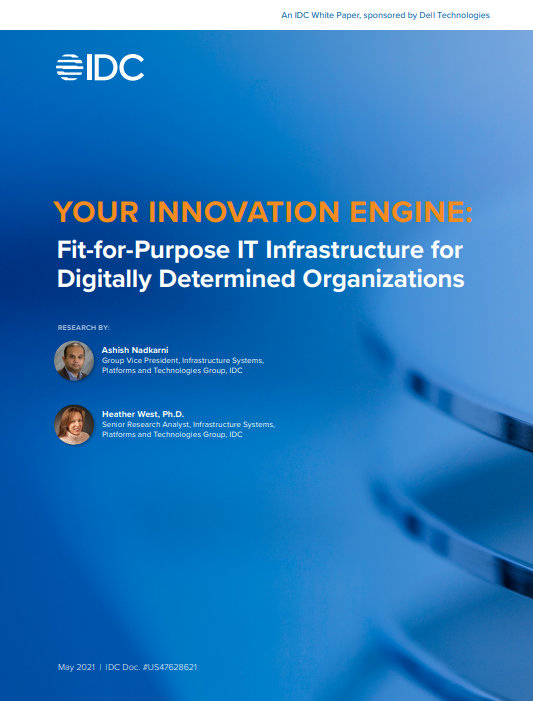 Fit-for-purpose IT infrastructure for digitally determined organisations
Fit-for-purpose IT infrastructure for digitally determined organisationsWhitepaper Your innovation engine: Guiding organisations through change in the new digital economy
By ITPro
-
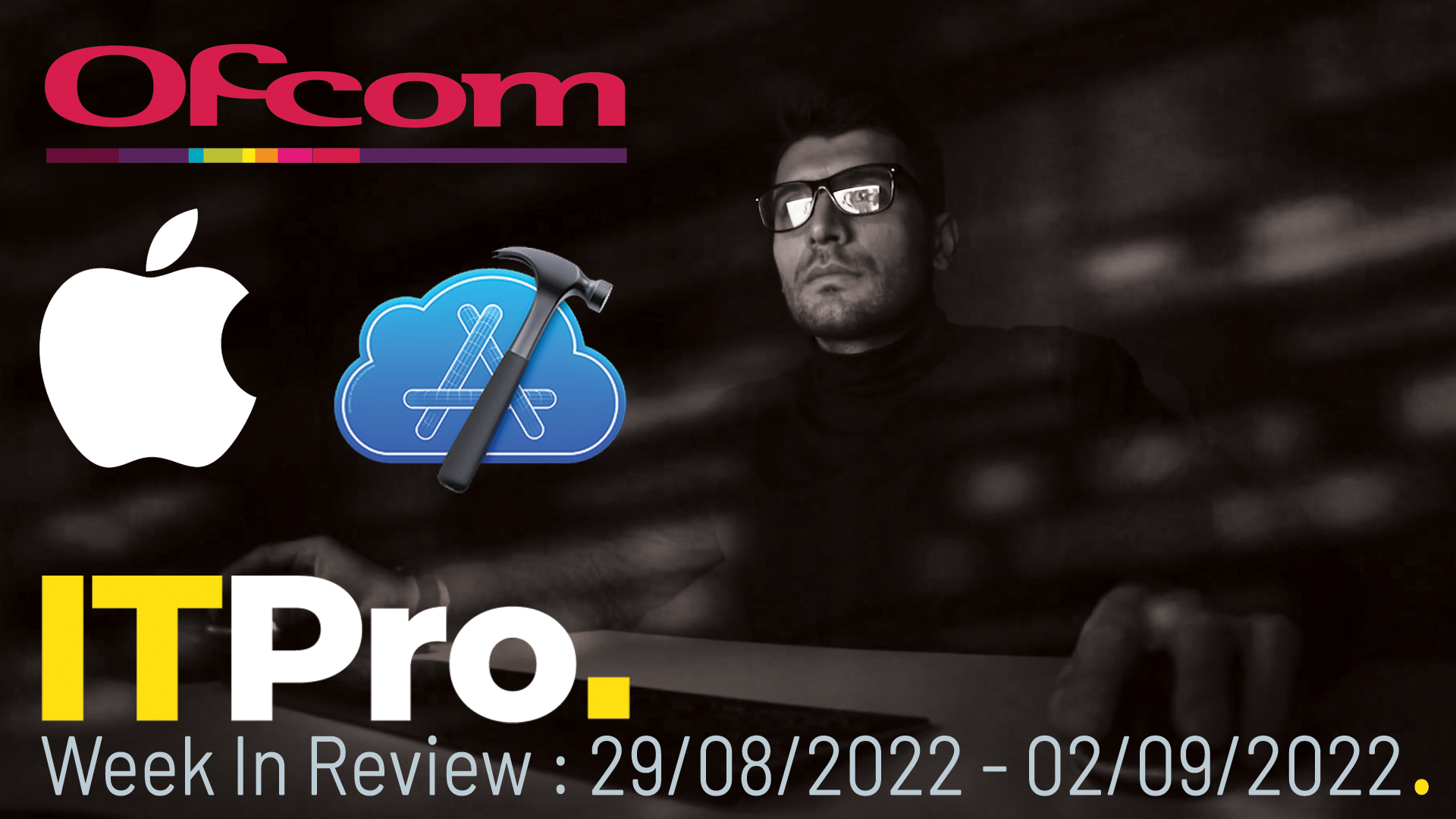 IT Pro News in Review: CIOs face a challenge, Ofcom's telecom fines, Apple expands Xcode
IT Pro News in Review: CIOs face a challenge, Ofcom's telecom fines, Apple expands XcodeVideo Catch up on the biggest headlines of the week in just two minutes
By IT Pro
-
 CIO role has 'drastically changed' over last 24 months, says Lenovo
CIO role has 'drastically changed' over last 24 months, says LenovoNews Globally survey suggests chief information officers have greater influence over their company now the role has expanded beyond technology
By Bobby Hellard
-
 How can CIOs help to close the tech skills gap?
How can CIOs help to close the tech skills gap?In-depth The most well-equipped IT leaders can take a number of practical steps to close the divide within their organisations
By Rene Millman
-
 What is a virtual CIO (vCIO) and does your business need one?
What is a virtual CIO (vCIO) and does your business need one?In-depth With tech skills in short supply, organisations are turning to temporary expertise to see through critical digital transformation projects
By Mark Samuels